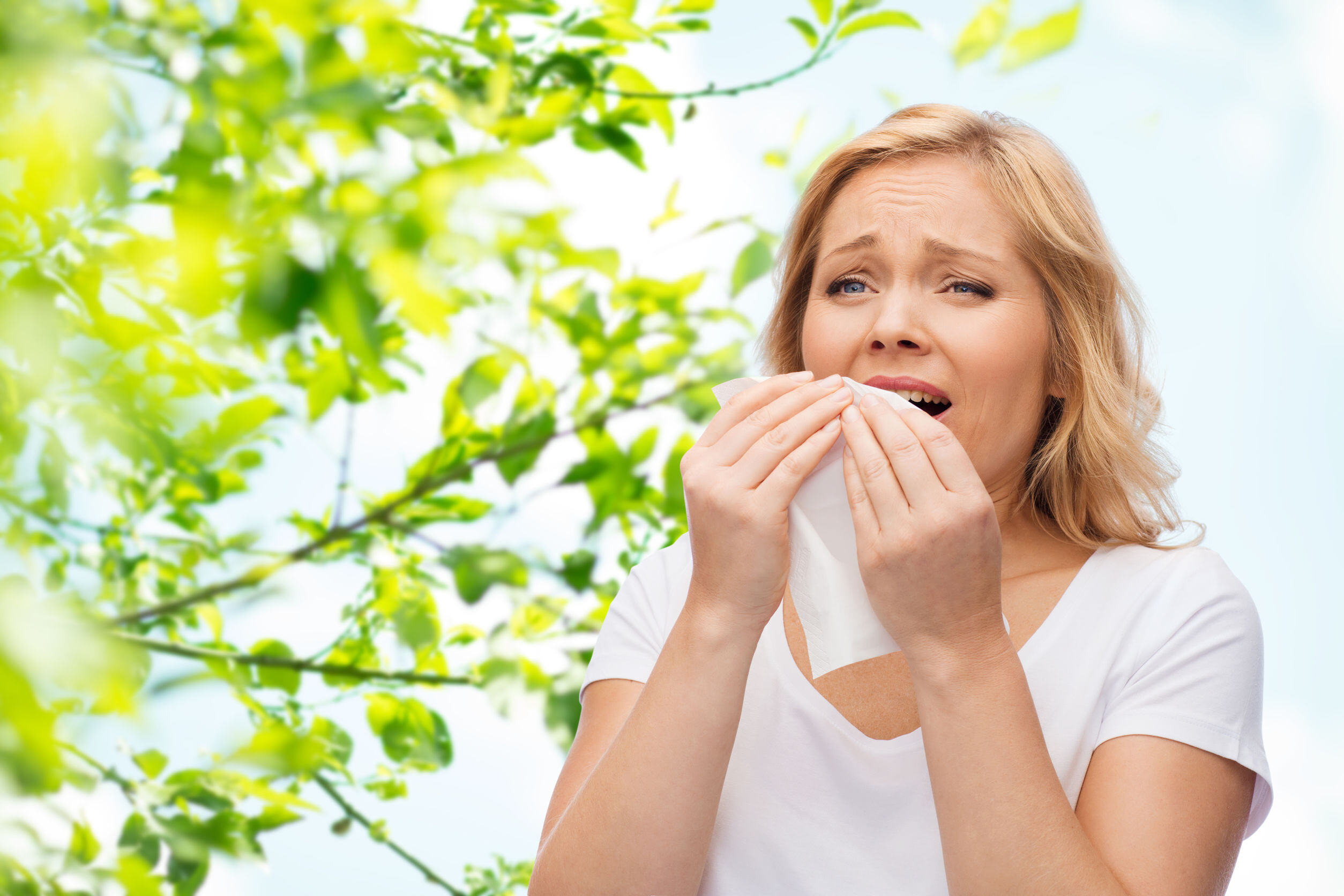10 Tips for Helping Seasonal Allergies

Summarize with AI
According to statistics from the Centers for Disease Control and Prevention (CDC), nearly 8% of American adults and over 7% of children experience seasonal allergies. While the cold winter months can provide relief, many allergy sufferers dread the start of spring. If you suffer from seasonal allergies, spring can bring miserable symptoms, including sneezing, nasal congestion, burning eyes, and runny nose. Here are some tips for minimizing the effects of your allergies this spring.
- Stay inside on dry, windy days.
- Remove clothing you’ve worn outside and shower to rinse pollen from your hair and skin.
- Avoid hanging laundry outside to dry.
- Wear a pollen mask when doing outside chores.
- Use high-efficiency filters with forced-air heating or air conditioning in your home.
- Use a dehumidifier to keep indoor air dry.
- Use a portable HEPA filter inside your bedroom.
- Clean your floors often using a vacuum cleaner with a HEPA filter.
- Monitor your local news and stay inside when pollen counts are high.
- Take a shower before you go to sleep to keep pollen off your bedding.
Medications that Can Help Seasonal Allergies
Allergies occur when your immune system reacts to a foreign substance in the environment that is harmless to most people. Common allergens include dust mites, pets, pollen, and moulds. To ease your allergy symptoms, consider the following over-the-counter medications:
Oral antihistamines: Antihistamines block histamine, a symptom-causing chemical released by your immune system during an allergic reaction. Oral antihistamines can help relieve itching, sneezing, watery eyes and runny nose. Examples include loratadine (Alavert, Claritin), fexofenadine (Allegra Allergy) and cetirizine (Zyrtec Allergy).
Decongestants: Oral decongestants such as pseudoephedrine (Afrinol, Sudafed, others) can help relieve nasal stuffiness by constricting blood vessels and tissues in your nose. Decongestants also come in nasal sprays, such as phenylephrine (Neo-Synephrine) and oxymetazoline (Afrin). It’s best to use nasal decongestants for only a few days in a row since long-term use can cause rebound congestion.
Nasal sprays: Nasal sprays are liquid medicines you spray into your nose. Cromolyn sodium nasal spray can help relieve allergy symptoms without serious side effects. It’s most effective if you start using it before you experience symptoms because nasal sprays usually start working after a few days.
Combination medications: Certain allergy-fighting medications combine a decongestant with an antihistamine. Examples include fexofenadine-pseudoephedrine (Allegra-D) and loratadine-pseudoephedrine (Claritin-D).
How To Rinse Your Sinuses
A saltwater sinus flush is a safe and simple remedy to relieve nasal congestion at home. Rinsing your nasal passages can help flush away allergens, mucus, and other debris that lead to irritation. To try a sinus flush, look for a neti pot or squeeze bottle at your local health food store or pharmacy.
Bear in mind that, according to the U.S. Food and Drug Administration (FDA), improper use of neti pots and other nasal rinsing devices can lead to serious infections. It’s very important to use water that’s sterile, distilled, previously boiled and cooled. You should also be sure to thoroughly rinse the irrigation device after every use with similarly sterile, distilled, previously boiled and cooled water and leave the device open to air-dry.
When to See a Doctor for Seasonal Allergies
You don’t have to dread spring allergies. With the right treatment, you can manage your symptoms and still enjoy the season. If over-the-counter medications aren’t enough to ease your allergy symptoms, see your doctor. He or she may recommend blood tests or skin tests to help identify the exact cause of your symptoms. You may benefit from allergy shots that can help desensitize your immune response to specific allergens.
.png)

